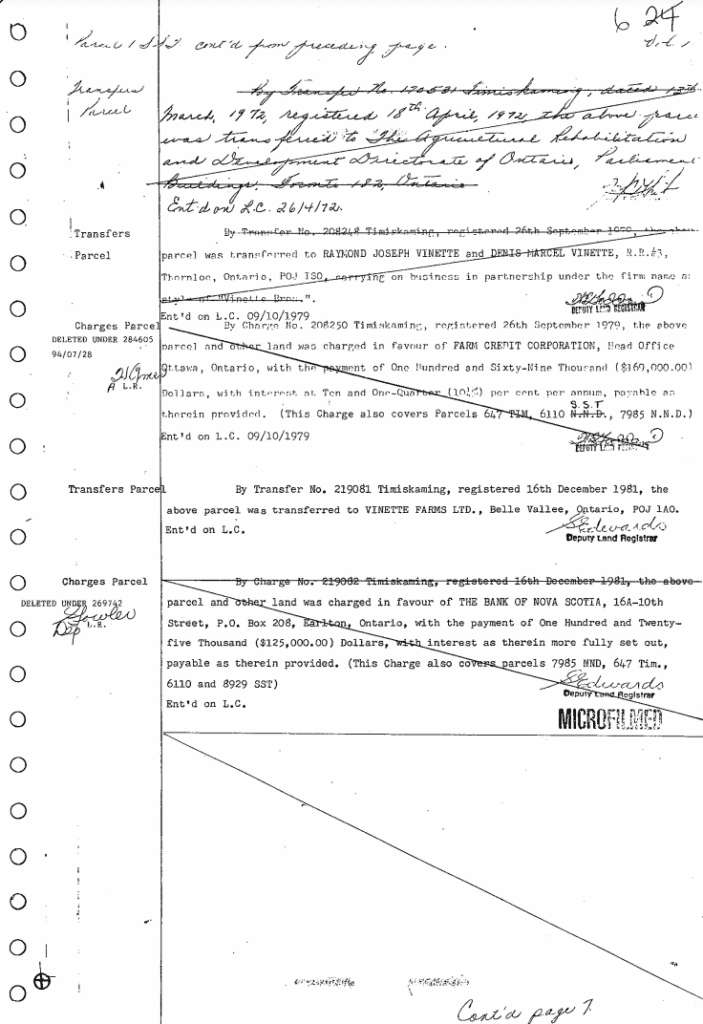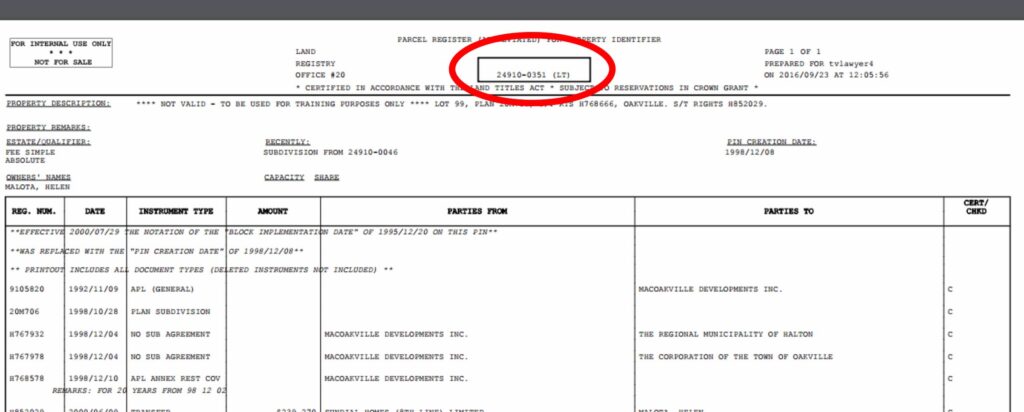It might seem pretty far-fetched that “Squatter’s Rights” can be used in claims today. However, in Ontario, Adverse Possession claims are still very much under dispute. Understanding the circumstances in which Adverse Possession in Ontario may arise will help owners protect valuable interest in their land.
What is Adverse Possession?
Adverse Possession (colloquially referred to as “Squatter’s Rights”) is the occupation of land, in whole or in part, by a non-owner party, with the intention of possessing it as their own.
There are three prerequisites that could give rise to a legitimate Adverse Possession Claim in Ontario:
- The period of possession must occur while the property is under the Registry Act.
- Possession of the property must be continuous and undisturbed for a period of 10 years.
- The possession must be open and known by the rightful owner, but without their consent.
The Registry Act: A Brief History
The Registry Act was the previous system for recording ownership in Ontario. The Land Titles Act replaced the Registry Act in 1885. In the late 1990’s, the Ontario Government began to phase out the Registry Act and convert all properties from Registry to Land Titles.
In the Registry System, books & records of parcel ownership information were kept at Land Title Offices in Ontario. Upon conveyance of a property, the Registrar would write a new entry into these books, crossing out historical entries.

There were two issues with the Registry Act.
First, as land ownership & subdivision began to grow exponentially in Ontario, offices needed more record books & more space to store them. The creation of parcels via severance and subdivision only exacerbated the problem.
Second, offices stored & recorded these books by legal description, causing long delays in finding the correct book & register.
The Registry Act was replaced by the Land Titles Act so as to speed up the ability to register & redefine land in Ontario. Records offices gave each property a Parcel Identification Number (PIN).
The Land Titles Act & Adverse Possession
The Land Titles Act changed the nature of ownership in Ontario. One of the most monumental ways it accomplished this was by extinguishing claims of adverse possession as at the date of conversion. However, it does not extinguish claims of adverse possession for properties where the 10 year period precedes conversion. The possessor could have an adverse possession claim, and such claim can be successful.
When buying properties with recent conversion dates, ensure to watch out for claims of adverse possession. A property’s Parcel Register lists the conversion date.
You can order parcel registers via OnLand. Properties in Land Titles will show either will show LT (Land Titles), LTCQ (Land Titles Conversion Qualified) or LT+ (Land Titles Plus) at the top of the register. All notations indicate the property is in some form of Land Titles. (There are slight qualifiers to each which expand beyond the scope of this article). Looking for help with a parcel register? Contact Us.

Claims of Adverse Possession
It is important to note that claims of Adverse Possession do not have to apply to an entire parcel. For example, a fence built on a neighbouring yard could, through claims of adverse possession, move the property line to the fence if the owner perfects the claim.
In Ontario, courts are not quick to remove title from registered owners and grant these claims. The burden of proof typically rests on the applicant. If you’re in a dispute regarding property use or ownership, there may be other claims that courts could look more favourably on, for example, an unregistered easement.
Properties still governed by the Registry System, where a license or lease is granted, can solve disputes prior to their arising by having the lessee’s sign an acknowledgement, at minimum once every 10 years, that they have no interest in the land.
Adverse possession is an incredibly complex and diverse topic. For more information or to schedule a free consultation, Contact Us





